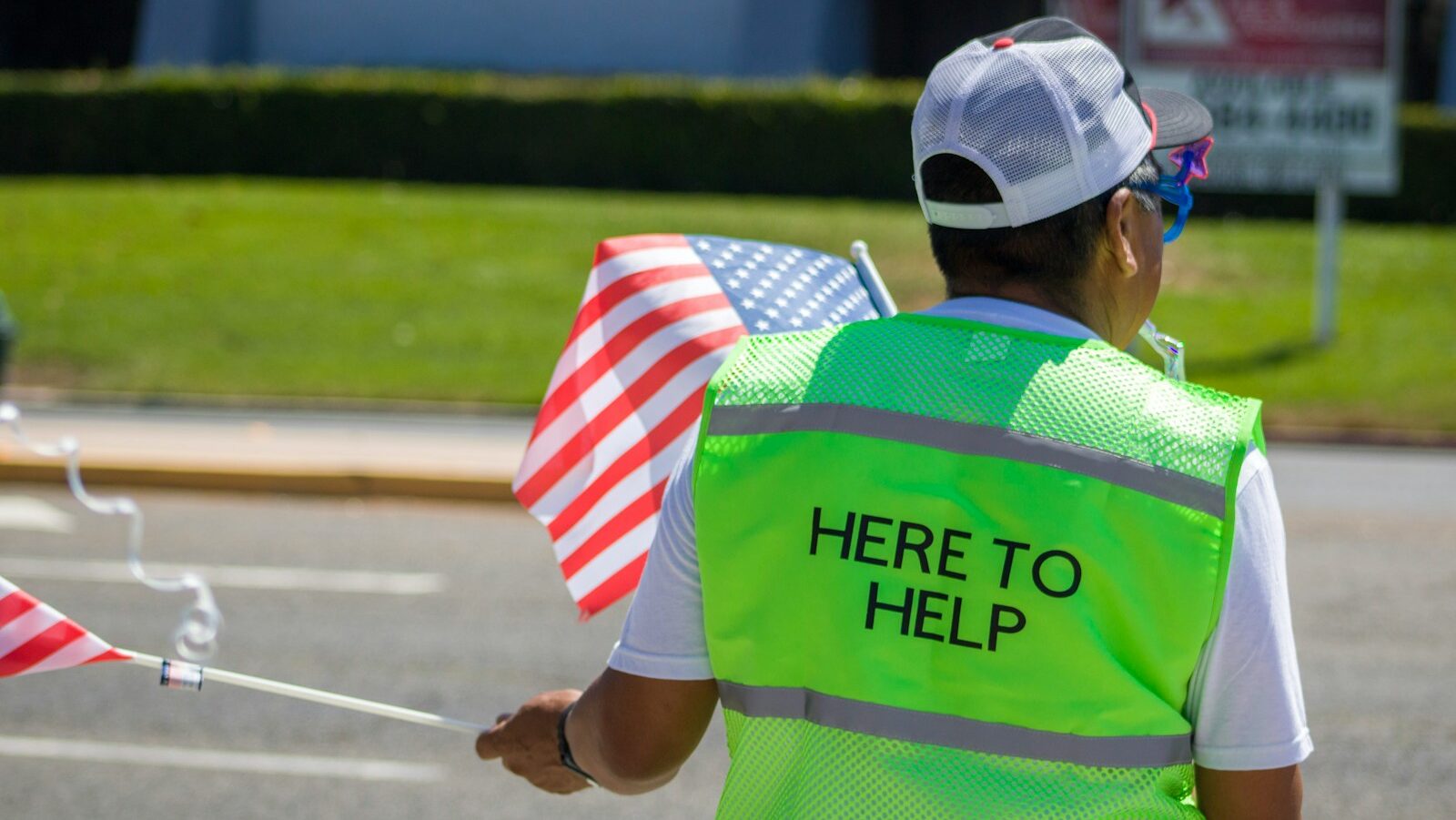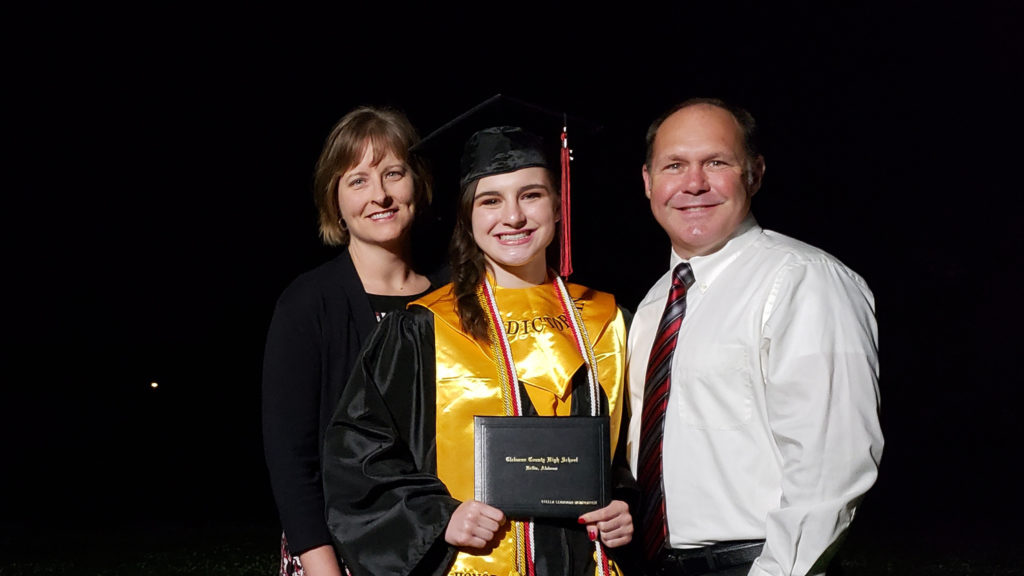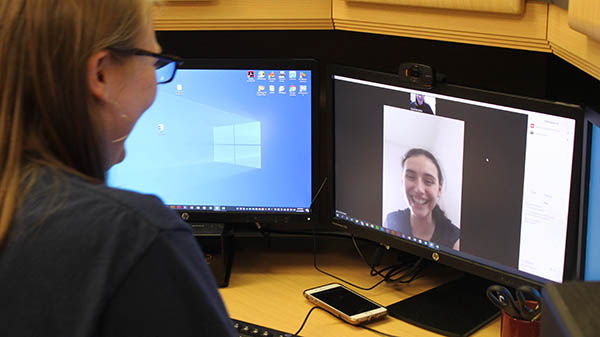In a day when college students tend to lack a sense of community and are confused about their own values, a counseling professor says educators and church leaders should recommit to developing virtues in students.
“There are serious doubts about their personal worth,” noted Selin Philip, associate professor of counseling at Colorado Christian University.
“There is absence of meaning and purpose. For instance, they don’t have a larger cause or a purpose that they can work toward. Very few are religious or have a belief system.”
Some struggle to find meaning beyond earning a degree, Philip added, and some don’t even know how the degrees they seek should fit into the rest of their lives. Moreover, the culture at large has grown bitterly divisive, and people are shrinking back from community involvement at higher rates.
“College students need to learn how to think critically and find what is truth and talk respectfully about some of these crucial topics,” said Philip, who also directs the Ph.D. in counselor education and supervision program at CCU.
Character
For centuries, education was intended to shape character.
“Across cultures, we see from ancient Greece until the late 19th Century, the main goal of education was to make people better people,” Philip explained. “We look at famous thinkers like Plato, Aristotle and Kant. They believed that education should teach morals and values to create virtuous citizens.”
The Greek educator Isocrates “defined an educated person as someone who manages daily life well,” Philip said, “someone who makes good decisions, someone who shows qualities like decency, honor, bravery and humility.”
“An educated person reflects not just intellectual knowledge, but that person reflects good moral values and virtues and character. Basically, we need to develop better people on college campuses.”
Meaning and purpose directly impact virtues, Philip noted, because positive traits are developed in part through meaningful experiences.
The decline in teaching morals began in the mid-20th Century in America, she added, as the focus shifted more toward academics. Over time, an emphasis on not offending others with one’s beliefs has led to college students who are afraid to believe.
As educators consider intentionally developing virtues in students, Philip recommended modeling such behavior.
“We do believe in modeling virtuous behavior in front of our students so they will not feel that we are teaching something that we are not practicing,” she said of CCU. In her classes, Philip emphasizes three kinds of patience: with God, neighbor and self.
“Leaders have a huge responsibility to consistently demonstrate the virtues they wish to instill in the younger generation,” Philip asserted. “That can be integrity, patience, compassion, honesty, humility and resilience. What I’m seeing is that this generation is looking for people who are honest, people who live their truth. They cannot tolerate people who lead double lives.”
Influence today
Some who have best influenced her own high schoolers have been college students at church who are living godly lives and can teach those behind them how to behave when they go to college, Philip said. She urged pastors to create opportunities for mentorship when possible.
“Some people say that these young people are tomorrow’s leaders, but I believe they are leaders today,” she declared. “Every day, if we work with them with humility and patience, that is going to impact the current society. As they grow, they are going to take what they have learned today toward the future.
“It is not just about building a generation for tomorrow. It is about building a generation for today.”
America needs people with strong virtues, and educators and other leaders can play a crucial role if they are intentional, Philip added.
“We need a young generation who [doesn’t] get offended so easily, who face it with strength, courage and humility and ask questions and are filled with gratitude and thankfulness for the opportunities that are in front of them,” she explained. “For this to happen, we also need the older generation to create a supportive space where the young can ask questions, respond with humility and mentor them with patience.”
One resource Philip recommended is Veritas Forum, an online community helping scholars engage in “charitable, life-shaping conversations.”





Share with others: